Are you selling your home? In order to make the process as smooth as possible, it’s important to know what to expect during the home inspection. Here are the top 8 tips to help you pass with flying colors!
By knowing what the inspector is looking for and being proactive in addressing any issues, you’ll be able to rest assured that your home will sell quickly and for the best price possible.
Assess the state of your home
The first step sellers should do when getting ready to list their home is to make an honest assessment of the state of their homes. This will help you identify any areas of concern that may need to be addressed before listing.
Be sure to check both the inside and outside of your home, taking note of any cosmetic or functional issues. Once you have a list of items to address, prioritize them based on severity. Any items that are safety concerns or could result in a failed home inspection should be addressed first.
Address serious issues
When it comes to passing home inspections, there are some issues that are simply deal breakers. Any issues that are considered health or safety hazards will almost certainly result in a failed inspection.
While you may not be excited about the potential expense of rectifying the problem, it’s important to remember that addressing these issues now will save you time and money in the long run. Not to mention, it will increase the likelihood of your home passing inspection on the first try.
Some of the most common deal-breaking issues include:
- mold
- asbestos
- radon gas
- lead paint
- water damage
Make necessary repairs
Once you’ve identified any areas of concern, it’s time to start making repairs. Again, prioritize any items that are considered safety hazards or could result in a failed inspection.
If you’re not sure how to make the necessary repairs, there are a number of resources available to help, including online tutorials and videos, books, and articles. There are also a number of professionals who offer home inspection repair services.

https://unsplash.com/photos/BdsRtr03Wko
Enlist the help of professionals
If you’re not confident in your ability to make the necessary repairs, it’s always a good idea to enlist the help of professionals. This is especially true for larger or more complex repairs.
While professional help may cost you a bit more upfront, it will likely save you time and money in the long run. Not to mention, any home inspector that is experienced will most likely be able to tell if a repair job was completed by a professional. Also, certain repairs, such as mold remediation, must be completed by a certified professional.
Get a head start on cleaning
A clean home is a happy home – and it’s also more likely to pass inspection. Most home inspectors will have no problem overlooking a few minor imperfections, but a home that is cluttered or dirty is more likely to fail inspection. Not only is it harder for a home inspector to assess the status of the home, they may also see it as an indicator of how the home was cared for.
Start by decluttering each room, getting rid of any items that are no longer needed or used. Then, focus on deep cleaning each area, paying special attention to the kitchen and bathrooms. These are the two areas of the home that are typically most heavily scrutinized during an inspection.
If you’re short on time or just don’t have the energy to tackle the cleaning yourself, there are a number of professional cleaning services that can help get your home inspection-ready.

Make sure all systems are in working order
Another important thing to do before your home is inspected is to make sure all systems are in working order. This includes the electrical system, plumbing, HVAC, and any appliances that are included in the sale.
If any of these systems are not in working order, it could result in a failed home inspection, or some points knocked off. In some cases, you may be able to make the necessary repairs yourself. However, for more complex issues, it’s always best to enlist the help of a professional.
Check for pests
Pests are another common issue that can lead to a failed home inspection. If there is evidence of pests, such as mice droppings or roaches, the home inspector will most likely fail the inspection. Not only are pests a nuisance, but they can also cause serious damage to your home.
If you suspect that there might be pests in your home, there are a number of DIY pest control products available. For homeowners who do not feel comfortable tackling the issue themselves, contacting a local pest control service may be worth the money.
Schedule a pre-home inspection home inspection
While this may seem redundant, having a home inspection done prior to the buyers having a home inspection done can be extremely beneficial. This will allow you to identify any potential issues that need to be fixed before the buyers’ home inspector arrives.
If you’re not sure how to find a reputable home inspector, your real estate agent should be able to provide you with a list of qualified inspectors in your area.
While there’s no guarantee that your home will pass inspection, following these tips will help you increase your chances. Just remember, even if your home doesn’t pass inspection, there are still options available to help you get it up to code.
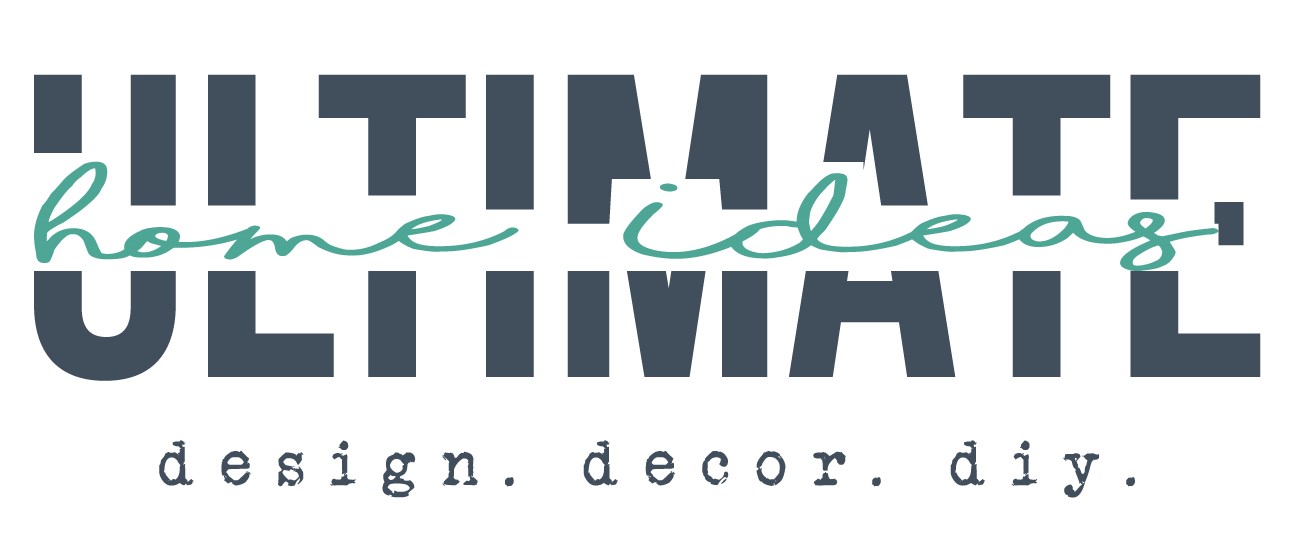










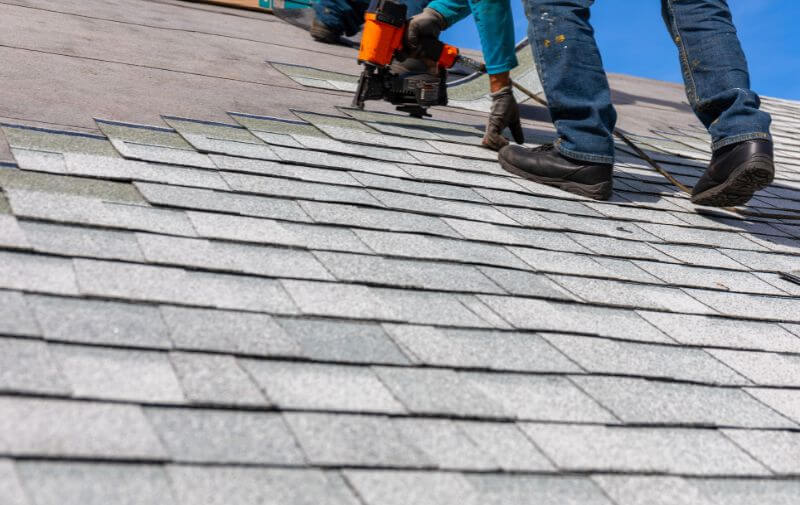
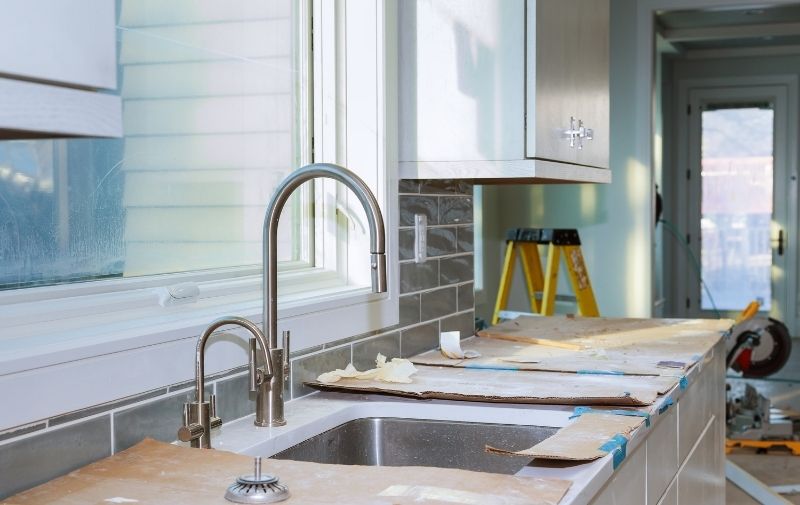

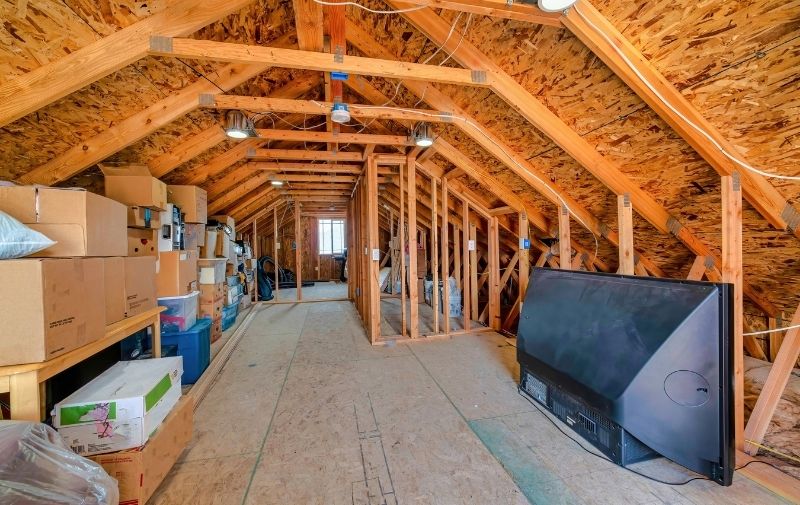
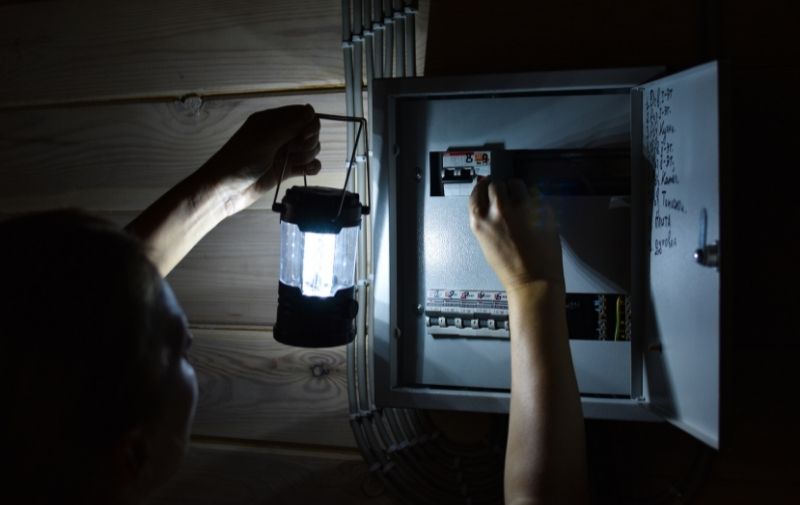



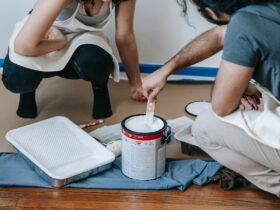

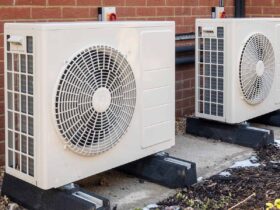
Leave a Reply